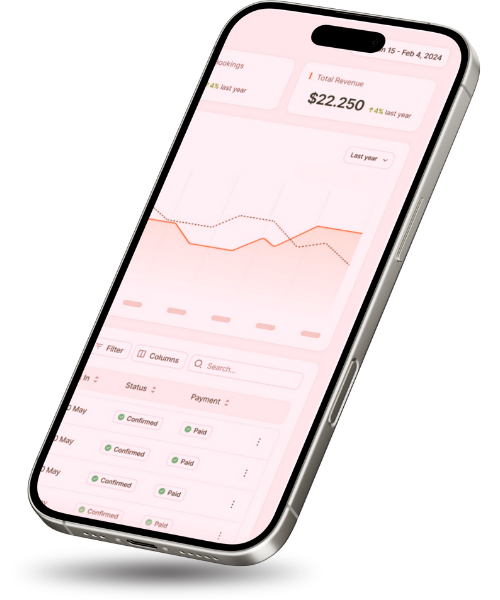Dynamic Pricing
What is the meaning / definition of Dynamic Pricing in the hospitality industry?
Successful hotels around the world aim for optimum profitability at all times. There are lots of things a hotel can do towards achieving this. One is for the Revenue Management Team to make Dynamic Pricing part of their overall strategy. Consortia/negotiated rates are no longer fixed (in some cases).
By linking to the BAR, they now fluctuate with any BAR change.
When it comes to Dynamic Pricing, the key is flexibility. Rooms within the same category at a hotel can be sold at different prices at different times – the price does not always have to remain locked.
So, how does a hotel know when to change the rate for certain rooms, or indeed, all of them? Well, the best way to do this is to closely monitor consumer demand.
If you know how much need there is for rooms at certain times, you can then adjust your prices to satisfy those needs, at exactly the right moment.
The demands of the market, then, determine how room rates dynamically alter. And this does not only apply to adjusting room rates for individual customers, couples or families.
Dynamic Pricing can also be factored into the management of group business bookings, i.e. when setting group rates and corporate rates.
Finally, if a hotel has a Membership Scheme, Dynamic Pricing can be used when creating a Member Rate pricing strategy. The cost of rooms and other in-house services can be dynamically changed, in accordance with room availability for Members and also the terms of each Membership package.
See Also:
Synonyms
- Dynamic Pricing
* Hotel Terminology Glossary by Xotels Revenue Management Consulting
Share This Story, Choose Your Platform!

About the Author:
As CEO and Founder of XOTELS, Patrick Landman has made it his mission to turn hotels and resorts into local market leaders. XOTELS´ diverse expertise and deep-knowledge across revenue management consulting, hotel management, and hotel consulting, enables us to drive results for independent boutique hotels, luxury resorts, and innovative lodging concepts. Below you will find opinion articles written by Patrick Landman.



